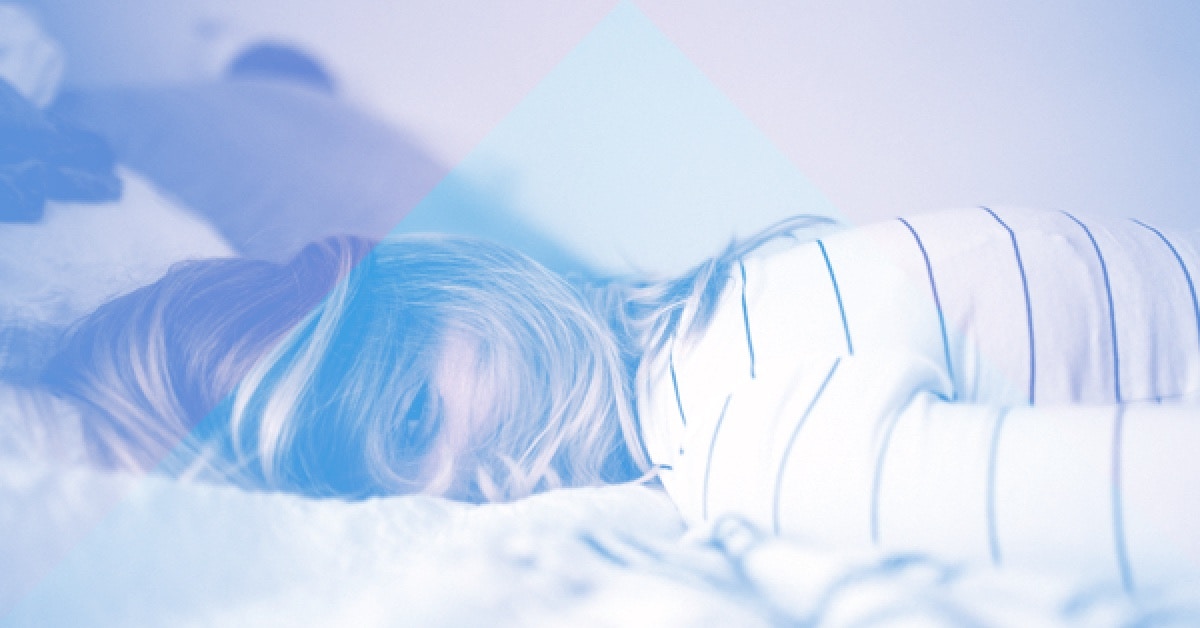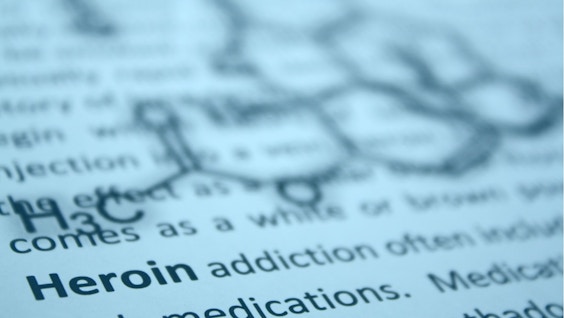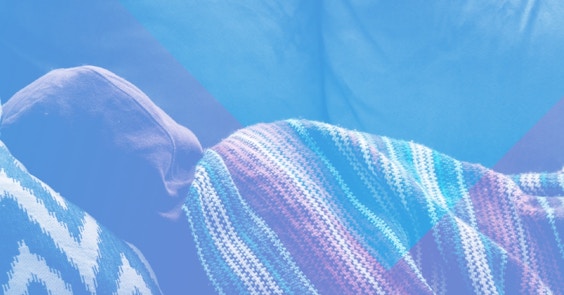I Am Sober is a free app that helps you get some control back in your life.

How to Sleep During Heroin Withdrawal
Last Updated: Fri, January 19, 2024Why you can't sleep on Heroin
Many people assume that heroin aids sleep, as it causes drowsiness. However, this is not the case. Heroin users may feel lethargic, but they are unable to get quality sleep. Here are a few ways that heroin affects sleep:
-
Disrupted sleep cycle: Heroin use makes it much harder for people to enter into deep sleep. Heroin completely blocks REM sleep. This means that their minds and bodies are not able to be refreshed and they are often unable to dream.
-
Sleep-disordered breathing: There is a strong link between sleep-disordered breathing, such as sleep apnea, heavy snoring and opioids, including heroin. Sleep apnea is when breathing stops for a brief period. If untreated, sleep apnea can be dangerous, even causing brain damage.
-
Poor sleep quality: Because heroin users are constantly in a state of light sleep, their sleep is very poor quality. It is not regenerative, rejuvenating, or refreshing.
-
Insomnia: In a study conducted by UCLA, people addicted to heroin produced 50% more narcolepsy-fighting neurons than those who didn’t use heroin. This is a leading factor as to why heroin users find it so hard to fall asleep- despite being exhausted. Insomnia is one of the most common side effects of both heroin use and heroin withdrawal.
How heroin affects the different levels of sleep
There are five stages of sleep.
Stages 1-4 are considered non-rapid eye movement (NREM) sleep and stage 5 is considered rapid eye movement (REM) sleep.
Stages 1 and 2 are meant to be light sleep, while stages 3 and 4 are deep sleep, and stage 5 (REM sleep) is deep and regenerative.
Heroin use mostly affects stages 3, 4, and 5.
When using heroin, it’s hard for the body to drift into deep sleep, which means that the majority of sleep a user experiences is light sleep.
This can be harmful, because deep sleep is the most important phase of sleep. During deep sleep, the body repairs itself, builds muscle, and strengthens the immune system.
How heroin affects dreaming
Heroin users have different experiences when it comes to dreaming.
For most, dreaming is a rare occurrence.
This is because heroin use blocks REM sleep, the sleep stage where dreaming occurs. However, some heroin users report having disturbing dreams while “high” on the drug.
This may be due to being in a near constant state of light sleep, which can be disorienting for the brain.
How withdrawal from heroin affects sleep
Withdrawal from heroin can be quite intense.
The first couple of days are going to be rough!
Insomnia is one of the most common heroin withdrawal symptoms. Most former heroin addicts say that the first and second days of sobriety were the worst in terms of sleep. Sleep quality is likely to be poor for the first few months, although it’s likely that you will have some good sleep on occasion.
Sleep will eventually improve during heroin withdrawal
Heroin withdrawal symptoms - including insomnia - tend to last for 5-7 days. Insomnia can persist, however, after acute withdrawal as part of a Post Acute Withdrawal Syndrome (PAWS). Most people who got sober from heroin didn’t notice a marked improvement in their sleep quality until a couple of months into their sobriety.
There’s a good chance your sleep quality will feel like a bit of a roller coaster for the first few months. There may be days of good sleep and days of bad sleep.
However, after the two month mark, you’re likely to experience good quality sleep most of the time.
How to sleep during withdrawal
If you are currently detoxing from heroin, there’s a good chance you will struggle to get a good night’s sleep for the first several months of your sobriety. While there is no avoiding this withdrawal symptom, there are ways to make it less intense. Here are some helpful tips to improve your sleep quality in sobriety:
-
Cut out caffeine after 3pm: Caffeine is a stimulant. It will keep you feeling awake and energized and can stay in your system for hours after consumed. To ensure optimal sleep quality, don’t drink any caffeine after 3pm. This should give your body enough time to flush the caffeine out of your system before you go to sleep. If this doesn’t help aid sleep, cut out caffeine entirely.
-
Eliminate screen time before bed: The blue light emitted from televisions, laptops, and cell phones can make it harder to fall asleep. Try to stop viewing any screens for at least two hours before you go to bed. You can also purchase yellow-tinted glasses that filter out blue light to wear two hours prior to going to bed.
-
Stop napping: In order to get good sleep, your body needs to be properly tired.
-
Go to bed and wake up at the same time every day: This can help your body get used to your routine. If you follow this method, you will eventually begin to get tired at the same time every night, which can help improve sleep quality.
-
Talk to your doctor about a melatonin supplement: Melatonin is a hormone made in the pineal gland that helps aid sleep. However, former drug use can mean that you are left with lower than average levels of melatonin. Taking a melatonin supplement can help your body restore its natural circadian rhythm.
-
Stop alcohol consumption: While alcohol has been known to help people fall asleep fast, it is also linked with decreased rapid eye movement (REM) sleep and waking up in the middle of the night. If you want to get better sleep, stop drinking alcohol.
-
Exercise regularly: Daytime exercise has a plethora of benefits. One of those benefits is to help you sleep better.
Other resources:
I Am Sober is a free app that helps you get some control back in your life.




